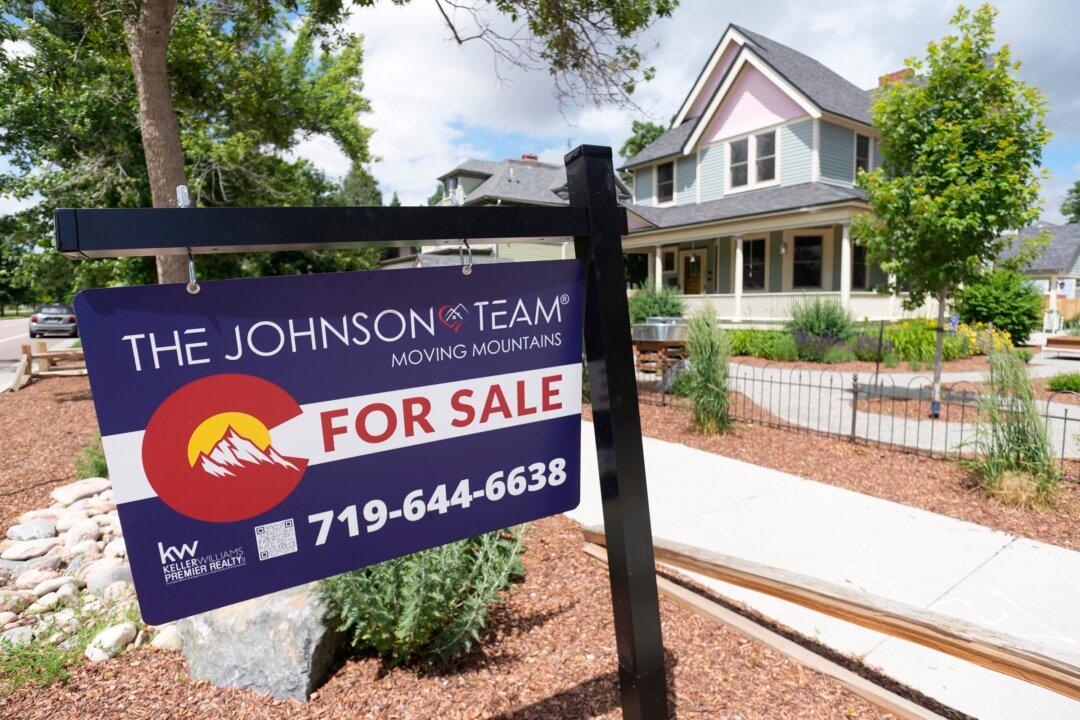The 30-year mortgage rate surged to the highest level in two decades as home rents remain elevated.
Freddie Mac released the results of its “Primary Mortgage Market Survey” on Aug. 17, which showed that the 30-year fixed-rate mortgage rate had risen 0.13 percent from last week, to an average of 7.09 percent.





